 Welcome
Welcome
“May all be happy, may all be healed, may all be at peace and may no one ever suffer."
Binge-eating disorder

Binge-eating disorder (BED) is an eating disorder characterized by recurrent episodes of binge eating, during which a person consumes an unusually large amount of food within a short period of time and feels a sense of loss of control over their eating. Individuals with BED may eat even when they are not hungry and continue eating even after feeling uncomfortably full. They may also experience feelings of guilt, shame, or distress after binge eating. Treatment for BED may include psychotherapy, such as cognitive behavioral therapy (CBT), to address unhealthy eating habits and underlying emotional issues. Medication, such as antidepressants, may also be used in some cases. A healthcare provider or mental health professional can help diagnose and treat BED.
Research Papers
Disease Signs and Symptoms
- Feeling that your eating behavior is out of control
- Eating even when full or not hungry
- Eating until uncomfortably full
- Frequently eating alone or in secret
- Feeling depressed, disgusted, ashamed, guilty or upset about eating
- Weight loss
Disease Causes
Binge-eating disorder
The causes of binge-eating disorder are unknown. But genetics, biological factors, long-term dieting and psychological issues increase your risk.
Disease Prevents
Binge-eating disorder
Although there's no sure way to prevent binge-eating disorder, if you have symptoms of binge eating, seek professional help. Your medical care provider can advise you on where to get help.
If you think a friend or loved one has a binge-eating problem, steer her or him toward healthier behavior and professional treatment before the situation worsens. If you have a child:
- Foster and reinforce a healthy body image, regardless of body shape or size
- Discuss any concerns with your child's primary care provider, who may be in a good position to identify early indicators of an eating disorder and help prevent its development
Disease Treatments
The goals for treatment of binge-eating disorder are to reduce eating binges and achieve healthy eating habits. Because binge eating can be so entwined with shame, poor self-image and other negative emotions, treatment may also address these and any other mental health issues, such as depression. By getting help for binge eating, you can learn how to feel more in control of your eating.
Psychotherapy
Whether in individual or group sessions, psychotherapy (also called talk therapy) can help teach you how to exchange unhealthy habits for healthy ones and reduce bingeing episodes. Examples of psychotherapy include:
- Cognitive behavioral therapy (CBT). CBT may help you cope better with issues that can trigger binge-eating episodes, such as negative feelings about your body or a depressed mood. It may also give you a better sense of control over your behavior and help you regulate eating patterns.
- Interpersonal psychotherapy. This type of therapy focuses on your relationships with other people. The goal is to improve your interpersonal skills — how you relate to others, including family, friends and co-workers. This may help reduce binge eating that's triggered by problematic relationships and unhealthy communication skills.
- Dialectical behavior therapy. This form of therapy can help you learn behavioral skills to help you tolerate stress, regulate your emotions and improve your relationships with others, all of which can reduce the desire to binge eat.
Medications
Lisdexamfetamine dimesylate (Vyvanse), a drug for attention-deficit hyperactivity disorder, is the first FDA-approved medication to treat moderate to severe binge-eating disorder in adults. A stimulant, Vyvanse can be habit-forming and abused. Common side effects include a dry mouth and insomnia, but more-serious side effects can occur.
Several other types of medication may help reduce symptoms. Examples include:
- Topiramate (Topamax), an anticonvulsant. Normally used to control seizures, topiramate has also been found to reduce binge-eating episodes. However, there are side effects, such as dizziness, nervousness, sleepiness and trouble concentrating, so discuss the risks and benefits with your medical care provider.
- Antidepressants. Antidepressants may reduce binge-eating. It's not clear how these can reduce binge eating, but it may relate to how they affect certain brain chemicals associated with mood.
While these medications can be helpful in controlling binge-eating episodes, they may not have much impact on weight reduction.
Behavioral weight-loss programs
Many people with binge-eating disorder have a history of failed attempts to lose weight on their own. However, weight-loss programs typically aren't recommended until the binge-eating disorder is treated, because dieting may trigger more binge-eating episodes, making weight loss less successful.
When appropriate, weight-loss programs are generally done under medical supervision to ensure that your nutritional requirements are met. Weight-loss programs that address binge triggers can be especially helpful when you're also getting cognitive behavioral therapy.
Disease Diagnoses
Disease Allopathic Generics
Disease Ayurvedic Generics
Disease Homeopathic Generics
Disease yoga
Binge-eating disorder and Learn More about Diseases
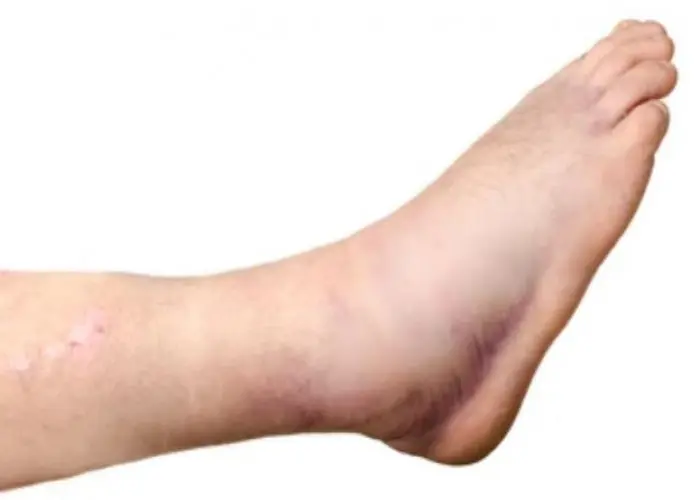
Broken ankle

Baby acne

Sudden cardiac arrest
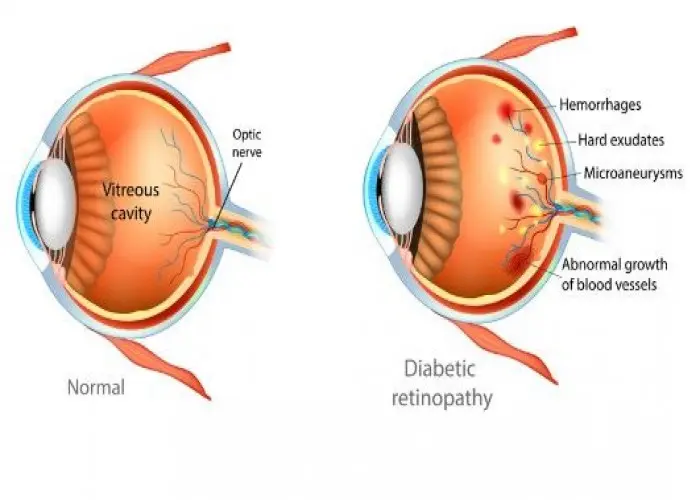
Diabetic retinopathy
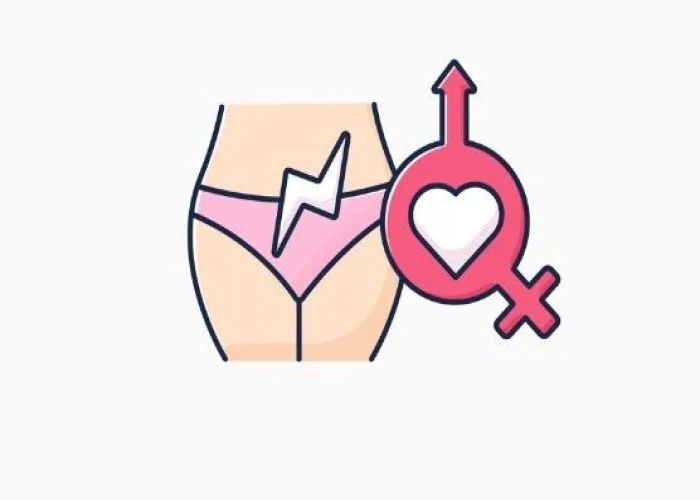
Painful intercourse (dyspareunia)
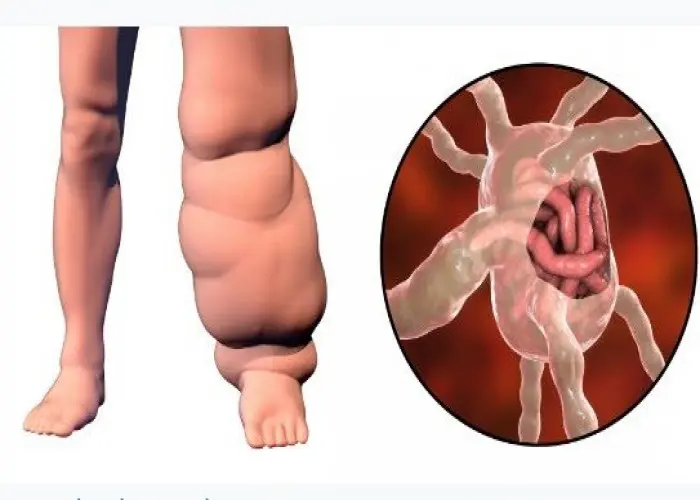
Filaria
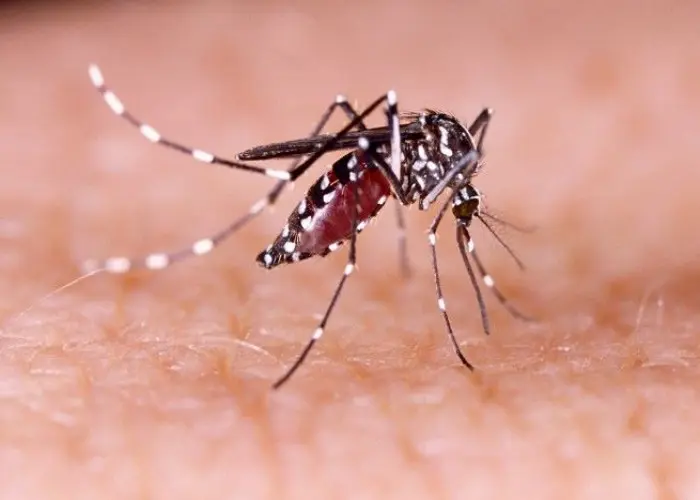
Dengue fever
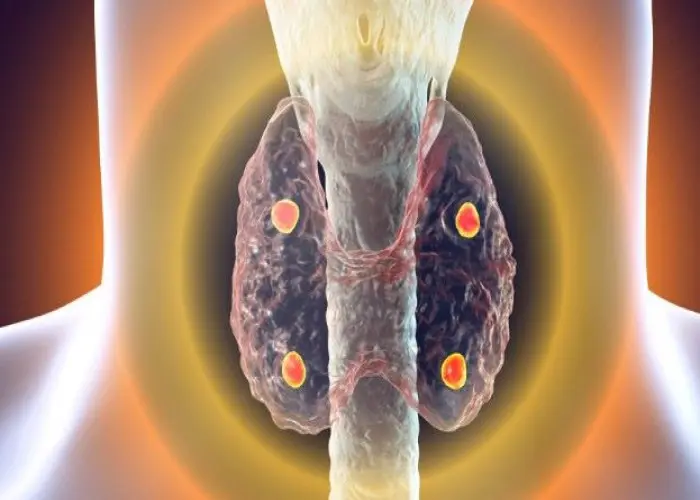
Hyperparathyroidism
Binge eating disorder, Compulsive eating, বেনিজ আহার ব্যাধি, বেনিজ ইটিং ডিজর্ডার
To be happy, beautiful, healthy, wealthy, hale and long-lived stay with DM3S.
